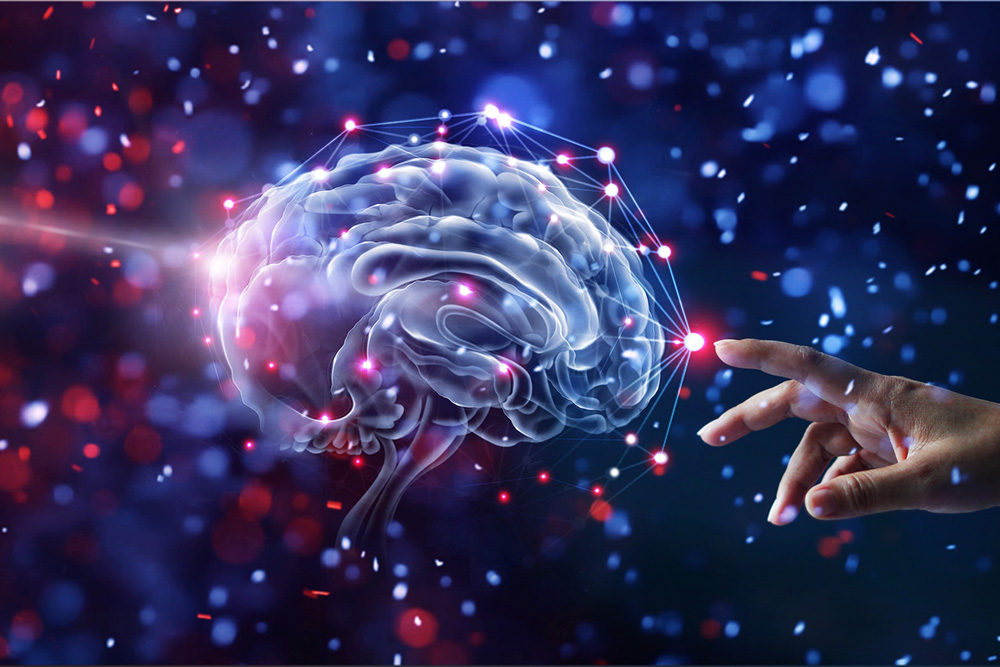In a previous post, “Why Critical Thinking Is So Important,” we discussed the importance of critical thinking at all levels of an organization.

Critical thinking can be defined, in part, as “the intellectually disciplined process of actively and skillfully conceptualizing, applying, analyzing, synthesizing, and/or evaluating information gathered from, or generated by, observation, experience, reflection, reasoning, or communication, as a guide to belief and action.”
Critical thinking aids in effective decision-making because it helps prevent one from making decisions based on misleading assumptions, questionable sources, and inherent biases. Critical thinking is also helpful in problem-solving because it provides the necessary skills to collect and process information.
The good news for organizations is that critical thinking skills can be taught—they aren’t something you are born with or without. In this post, we discuss some key elements of teaching critical thinking skills.
Evaluating Sources of Information
Knowing the source of information is crucial in determining how much weight to place on it. For example, a research paper in a peer-reviewed medical journal is a more trustworthy source of information on cancer treatments than someone’s Facebook post. And a department head’s evaluation of that department’s effectiveness may be less reliable than an independent evaluation.
Discuss Importance of Understanding Bias and Motivations
One of the primary reasons to question seemingly trustworthy information is the existence of biases and motivations in its source. For example, an environmental group and an oil company have very different biases and motivations when it comes to the environmental impacts of oil drilling and fossil fuel consumption. Understanding these factors helps employees look at information through the appropriate lens.
Identifying and Challenging Assumptions
A big part of critical thinking is understanding that all of us base countless opinions, decisions, and actions on assumptions every day. It’s essential to do so because without assumptions, we would spend endless hours overanalyzing everything. But some assumptions are more sound than others.
For example, in making a 5-year marketing plan, a marketing analyst may assume both that the world will continue to exist for the next 5 years and that consumer tastes in automobiles will be unchanged. The former assumption is far more sound than the latter.
It’s important for critical thinkers to be aware of the assumptions they are making—including subconsciously—and be able to challenge those that are not especially certain.
Many people lack essential critical thinking skills. Fortunately, critical thinking is not something humans are born with; it can be learned and, therefore, taught. Managers and trainers should consider critical thinking skills a high priority for employees at all levels of an organization.
